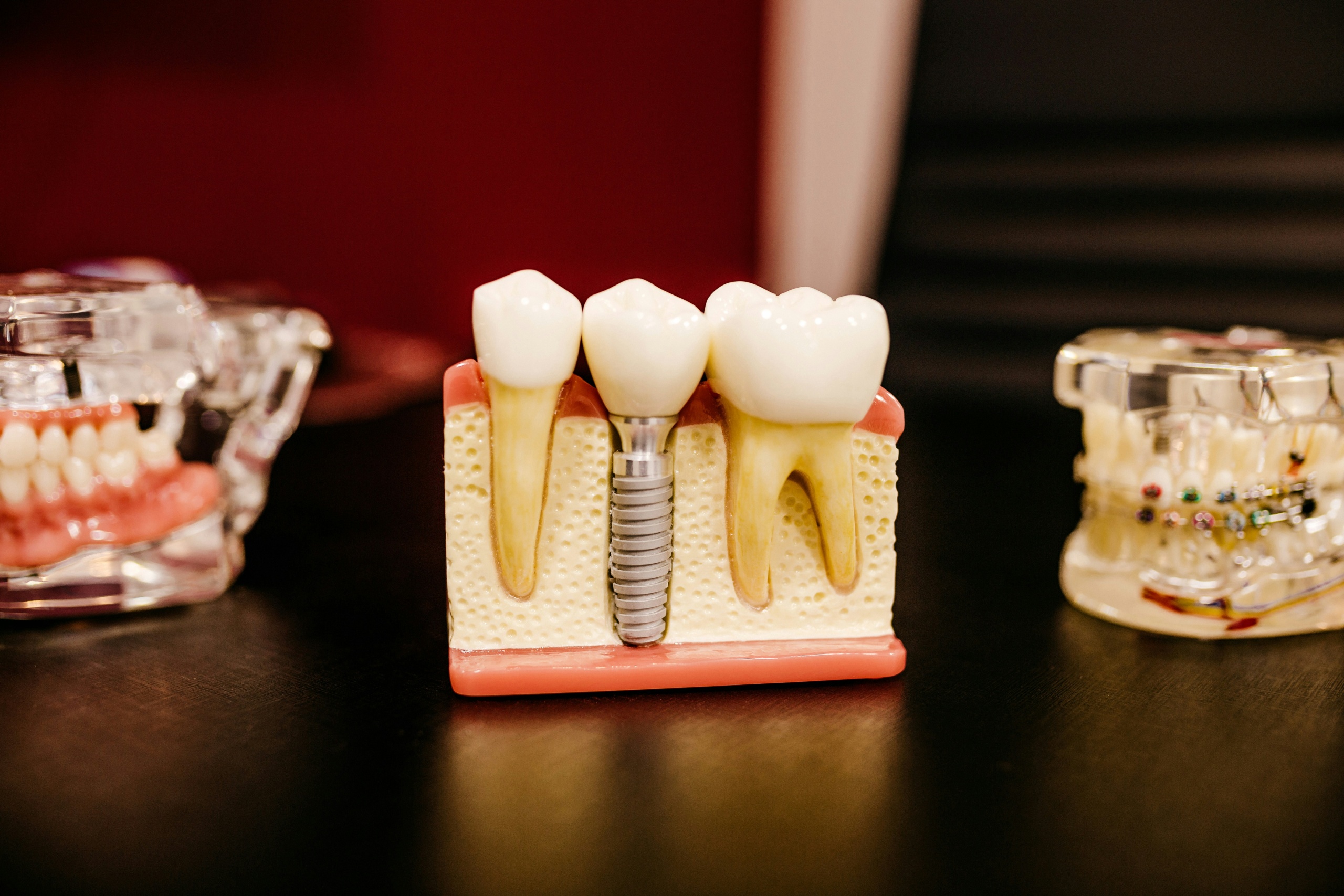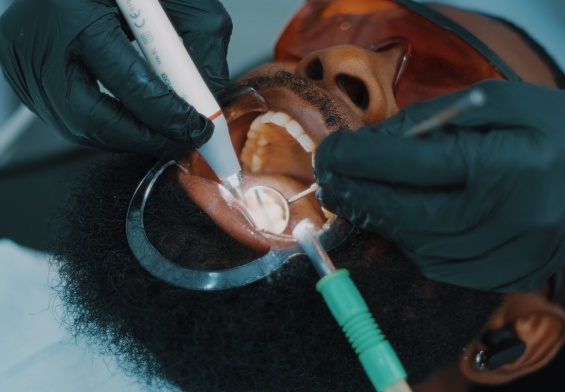Dental implants have emerged as a beacon of hope for millions seeking a durable solution to tooth loss, transcending the limitations of traditional dentures with their promise of functionality, aesthetics, and longevity. In the United States alone, nearly half a million individuals annually opt for dental implants, a testament to their growing acceptance and the benefits they offer. Unlike dentures, which merely serve as a superficial remedy, dental implants provide a permanent solution, restoring not just the appearance but also the full functionality of natural teeth. This transformative dental procedure enables individuals to eat, speak, and smile with confidence, significantly enhancing their quality of life. However, the decision to pursue dental implants is not one to be taken lightly. It requires careful consideration of various factors, including one’s health status, bone density, and commitment to post-operative care. This guide delves into the intricacies of dental implants, offering insights to help you determine if they are the right choice for you, with a special focus on the elderly and the provision of in-home care.
The Journey of Dental Implants: From Innovation to Mainstream Acceptance
The history of dental implants is a fascinating tale of innovation, tracing back to the early 1960s when the first successful procedure was performed. The advent of the carbon dioxide laser further revolutionized dental surgeries, making procedures more precise and less invasive. Today, dental implants stand as a testament to decades of research and technological advancements, offering a solution that closely mimics the look, feel, and function of natural teeth. The process involves the surgical insertion of titanium posts into the jawbone, which serve as anchors for artificial teeth. This not only provides a stable foundation but also prevents bone loss, a common issue with dentures. The success of dental implants lies in their ability to integrate seamlessly with the body, offering a permanent solution to tooth loss that enhances both oral health and aesthetics.
Assessing Candidacy for Dental Implants
Determining whether dental implants are the right choice involves a thorough evaluation by a skilled dentist. Ideal candidates are those with healthy gums, sufficient bone density to support the implants, and a commitment to maintaining oral hygiene. Factors such as age, overall health, and lifestyle choices, including smoking and alcohol consumption, can influence the success of the procedure. It’s important to note that certain conditions, such as uncontrolled diabetes, immune deficiencies, and a history of radiation therapy, may preclude individuals from being suitable candidates. Additionally, the use of certain medications, like immunosuppressants, can impact the body’s ability to heal, affecting the viability of dental implants.
Special Considerations for the Elderly and In-Home Care
For the elderly, dental implants offer a beacon of hope for restoring functionality and improving quality of life. However, the decision to proceed with implants in older adults requires careful consideration of their overall health, bone density, and ability to undergo surgery. In-home care plays a crucial role in the post-operative care of elderly patients, ensuring they receive the support needed to maintain oral hygiene and attend follow-up appointments. Caregivers can assist with daily oral care routines, monitor for signs of infection or complications, and provide transportation to dental appointments. The involvement of in-home care professionals is instrumental in ensuring the success of dental implants in the elderly, helping them navigate the recovery process with ease and confidence.
Navigating the Risks and Ensuring Successful Outcomes
While dental implants boast a high success rate, exceeding 95% in the United States, potential risks such as infection, nerve damage, and implant rejection cannot be overlooked. The meticulous selection of candidates, coupled with advancements in surgical techniques, has minimized these risks, making dental implants a safe and effective solution for most individuals. Post-operative care is paramount to the success of dental implants, requiring diligent oral hygiene practices and regular dental check-ups to ensure the longevity of the implants and the health of surrounding tissues.
Conclusion: Making an Informed Decision
Dental implants represent a significant advancement in dental care, offering individuals a permanent solution to tooth loss that restores both function and aesthetics. The decision to pursue dental implants requires a comprehensive evaluation of one’s health, bone density, and commitment to post-operative care. For the elderly, particularly those receiving in-home care, dental implants can significantly enhance their quality of life, enabling them to enjoy the simple pleasures of eating, speaking, and smiling with confidence. As dental technology continues to evolve, the future of dental implants looks promising, with ongoing research aimed at making this life-changing procedure accessible to an even broader population. If you’re considering dental implants, consult with a qualified cosmetic dentist to explore your options and determine if this innovative solution is right for you.




